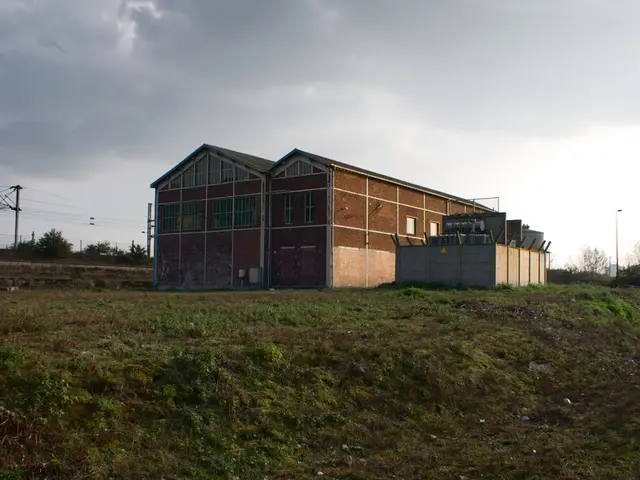OpenSolar Aims to Halve U.S. Residential Solar Costs
OpenSolar, a San Francisco-based startup, has proposed ways to halve residential solar panel costs in the U.S. The company aims to tackle soft costs, which account for over half of the total expenses in residential solar processes.
OpenSolar, led by co-founder and CEO Andrew Birch, offers free AI-powered software to help solar installers reduce costs. The company suggests standardizing approval processes for installations below 25 kW and mandating smart inverter functionality. These steps can significantly cut soft costs, which include permitting delays and expenses ranging from $3,800 to $7,000 per project.
The U.S. residential solar panel market faces challenges like major bankruptcies and lowered demand. The loss of the 30% residential solar tax credit and potential net metering changes could make rooftop solar 40% pricier than national grid power. In comparison, Australian rooftop solar with batteries costs around $2.02 per W, compared to $5.18 per W in the U.S.
The Solar Energy Industries Association (SEIA) and Smart Electric Power Alliance (SEPA) have created the 'Grid Ready Home Act' to simplify grid interconnection and permitting processes for solar projects.
OpenSolar's proposals could help make residential solar more affordable in the U.S. by targeting soft costs and streamlining processes. As the market faces challenges and increased competition from grid power, innovative solutions like these are crucial for the industry's growth.
Read also:
- MRI Scans in Epilepsy Diagnosis: Function and Revealed Findings
- Hematology specialist and anemia treatment: The role of a hematologist in managing anemia conditions
- EU Leaders Discuss 'Drone Wall' to Tighten Border Security After Munich Incident
- Enhancing the framework or setup for efficient operation and growth








